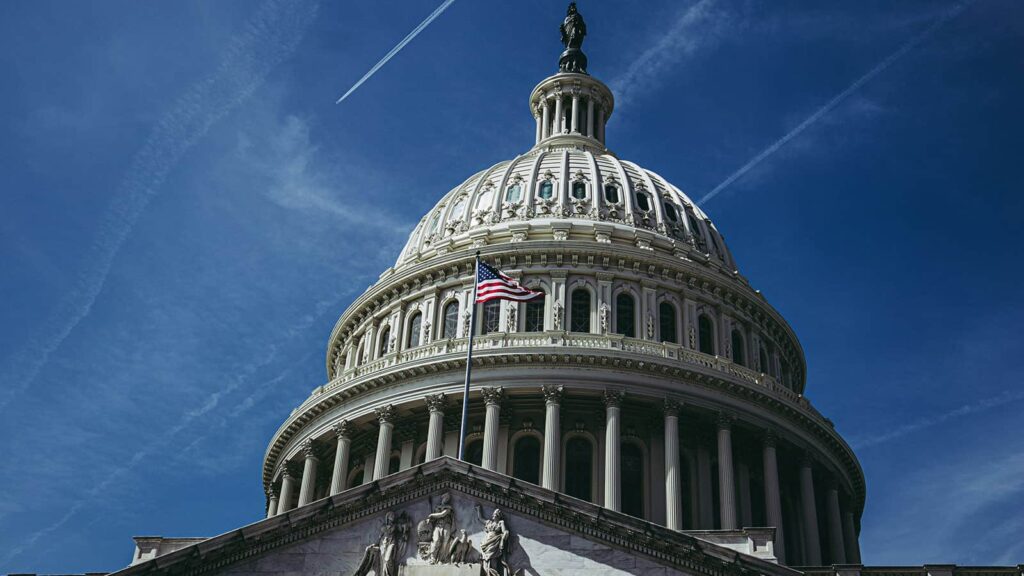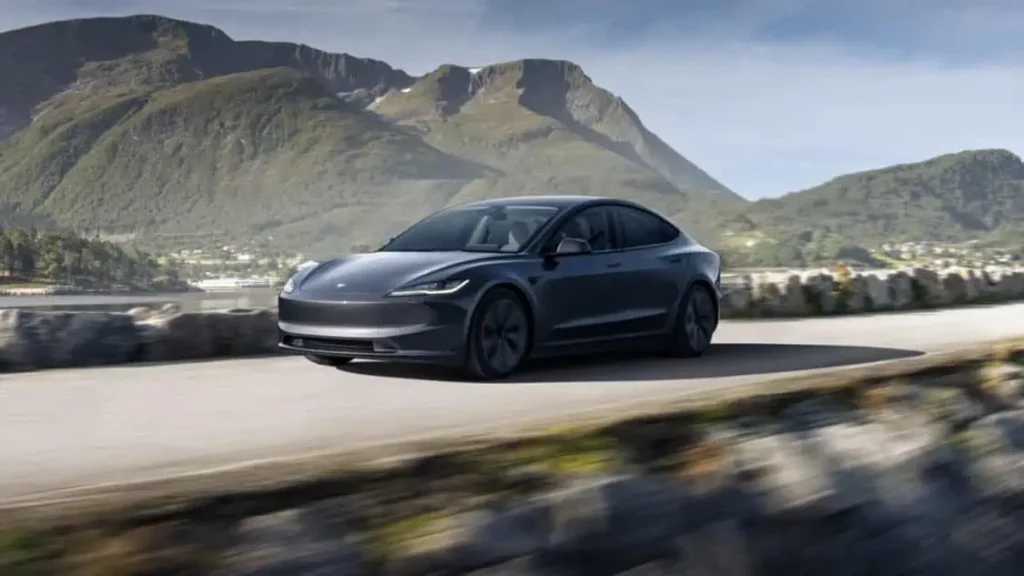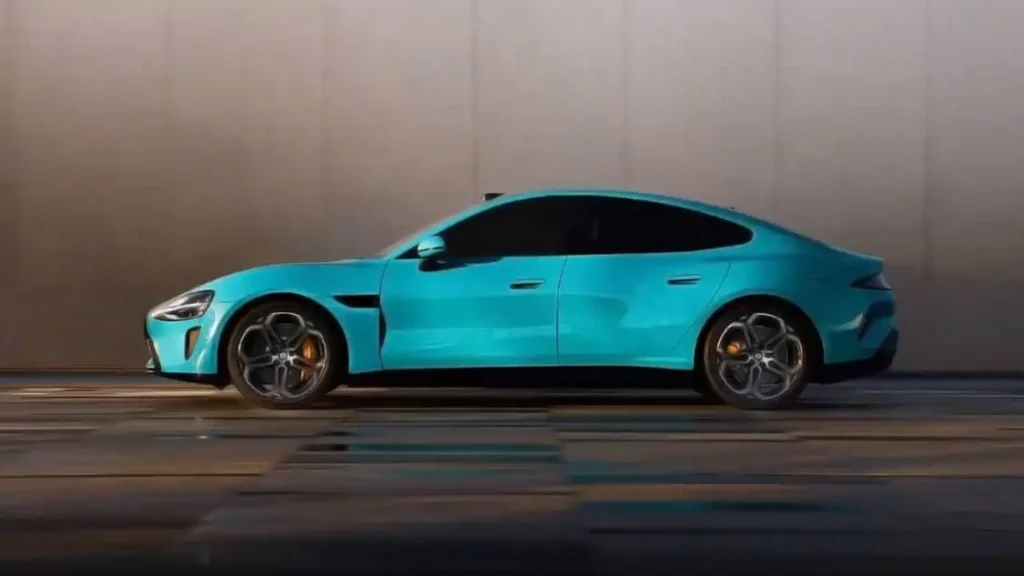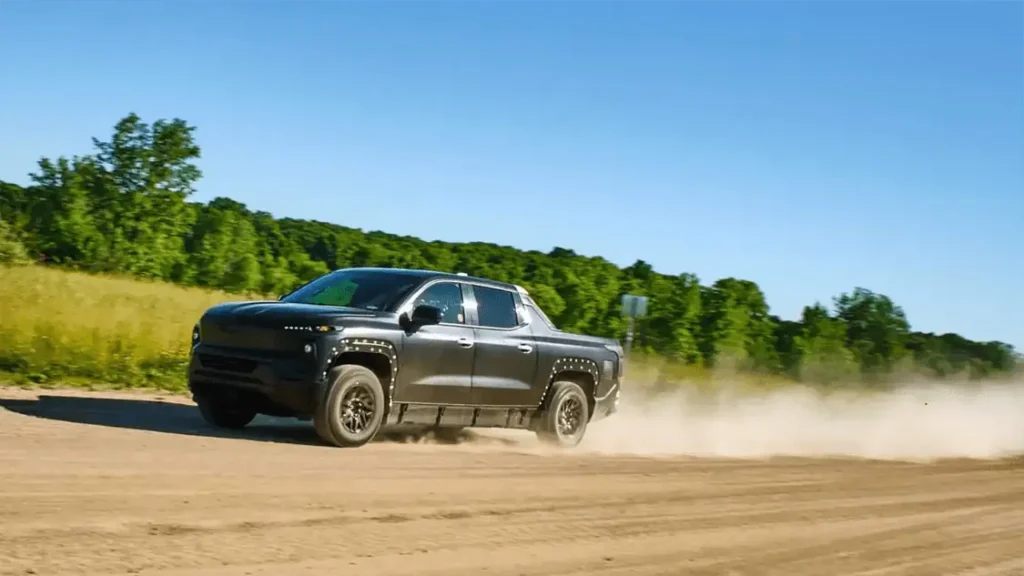New U.S. Senate Bill Seeks to End the Federal EV Tax Credit
EV adoption has become a polarizing issue in American politics. Republican Sen. John Barrasso of Wyoming recently introduced “The Eliminating Lavish Incentives to Electric (ELITE) Vehicles Act,” an EV tax credit bill seeking to take away federal electric vehicle incentives.
U.S. Senator Shelley Moore Capito (R-W.Va.) and a group of Senate Republican colleagues introduced the legislation. “There is no reason that U.S. taxpayers should be bankrolling luxury electric vehicle purchases for wealthy individuals or foreign entities,” Capito said. “This commonsense legislation dismantles loopholes that are artificially supporting the electric vehicle industry and sidestepping tax credit guidelines at the expense of American citizens. I’m proud to join my colleagues and introduce this legislation to remove the Biden administration’s misguided influence on the expensive electric vehicle industry.”

Sen. John Barasso’s bill would delete U.S. incentives driving EV adoption. The bill would repeal the $7,500 tax credit for new EVs and the $4,000 credit for used EVs. It would also end federal incentives for DC fast chargers. In addition, it would close the “leasing loophole” in the tax credit that applies if the car is not manufactured in North America. The leasing loophole has brought significant growth to leasing EVs.
Why EVs Are Expensive
It’s true that electric vehicles are currently expensive, as Sen. Barrasso says. However, that’s not a Democratic party conspiracy to help wealthy individuals save money on transportation through government incentives.
There is a simple reason why EVs are more expensive. That reason is that higher-priced vehicles capture more profit for OEMs. Tesla, the American EV industry leader, has said it will produce affordable electric vehicles in late 2024 or 2025. It has not produced any affordable models yet, due to concerns about how profitable they are.
General Motors said this week it will end production of the ICE Chevrolet Malibu to retool the Kansas plant that builds it in 2025 for the new electric Chevy Bolt. The Chevy Bolt has been one of the leading affordable EVs so far, and its forthcoming 2025 model is expected to allow many more buyers in the economy segment to drive electric.
When Tesla or others release more affordable EVs, analysts expect the low-cost models to revolutionize EV adoption in America, pushing the U.S. into mass adoption.

Republican Leaders Point to China as an Enemy, Oppose Recent Relaxing of Tax Credit Rules
Capitalizing on current tensions between the U.S. and China, Capito said the new legislation he introduced would prevent China from exploiting current loopholes in the EV tax credit.
Recently, the Biden administration relaxed the federal EV tax credit rules. The final rules stated that small amounts of graphite and other critical minerals used in EV battery production would be exempt from the “foreign entities of concern” restriction until 2027. Supporters of relaxing the rules say that American EV adoption will be bolstered by the decision, which will create jobs and stimulate the U.S. economy. Opponents say it further benefits China economically.
U.S. Rep. Carol Miller, R-W.Va., recently spoke about the final rule on electric vehicle tax credit guidelines. “Once again, the Biden Administration is allowing the Chinese Communist Party to profit from American tax credits,” Miller said, among other comments. In April, Miller introduced the “End Chinese Dominance of Electric Vehicles in America Act of 2024” to tighten the federal EV tax credit Foreign Entity of Concern rules, preventing Chinese EV companies from benefiting from the credit.

Actually, Many Republicans Support EVs
A growing number of Republicans and Republican leaders are opposing this particular GOP viewpoint against EVs.
Mike Murphy, a nationally recognized veteran GOP political consultant, said in a POLITICO article: “EV bashing is dumb politics for the GOP. And worse, it’s terrible policy for American jobs. If America steps away from the electric vehicle future, China will step in and utterly dominate the global automotive market even more than it already has. The Republican politicians who trash electric vehicles aren’t helping America’s autoworkers — they are dooming them to obsolescence. That’s a path to watching dozens of American auto plants close as vital U.S. industrial capacity melts away. That is the real potential economic bloodbath, and it surely will not make America great again.”
Murphy is the founder of The EV Politics Project, a group of Republican leaders supporting EV adoption.

We Hope Both Sides of the Aisle Will Support EVs
Red states involved in automotive production such as Texas, Tennessee, South Carolina, and Alabama are not supporting Barrasso’s bill, so it is not expected to pass.
As EV adoption grows, misinformation spread by opponents of EVs will decline. As it becomes more clear that EVs are the future, replacing polluting ICE vehicles, more of the public and their leaders will realize opposing EVs is a big mistake. EVs are quickly becoming more cost-effective, and are more eco-friendly than ICE vehicles, as an important part of fighting global climate change.

Electric Vehicle Marketing Consultant, Writer and Editor. Publisher EVinfo.net.
Portfolio: BillPierce.net
